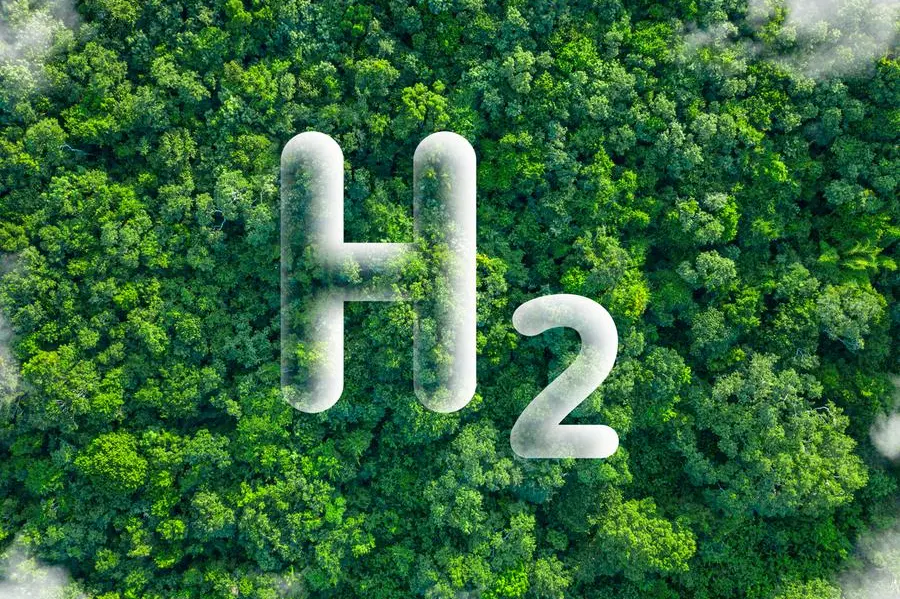PHOTO
MUSCAT: Researchers from the German University of Technology in Oman (GUtech) are collaborating with Poland’s Research and Innovation Centre Pro-Akademia (RIC – Pro-Akademia) in studying the feasibility of cost-competitively treating industrial wastewater alongside the simultaneous generation of hydrogen.
The joint study, dubbed ‘WASTE4H2’, has significant benefits for the Sultanate of Oman given the prodigious volumes of ‘produced water’ – oil-contaminated water that flows along with hydrocarbons during routine oil and gas production – that a number of oil companies have to routinely contend with here in the country. Additionally, the technology could prove a game-changer in efforts to treat the significant quantities of industrial wastewater resulting as a byproduct of oil refining and petrochemical operations in Oman.
The title of the study is: ‘Simultaneous Wastewater Treatment and Hydrogen Generation by the Plasma-Driven Solution Electrolysis Powered by the Hybrid Photovoltaic - Thermal Collectors’. Currently in the third year of a 3-year study, it is funded by the Polish National Center for Research and Development (NCBR) under the INNOGLOBO programme – an initiative to enable entities from Poland to establish research and development cooperation with foreign partners.
“As part of the Polish-Oman scientific and research cooperation, scientists from the Research and Innovation Centre Pro-Akademia and the German University of Technology in Oman will develop a new technology for simultaneous treatment of wastewater in the refining industry and the production of hydrogen using plasma-driven solution electrolysis. The technology under development will enable not only effective treatment of wastewater after the extraction and processing of crude oil and post-production wastewater from refineries, but also the simultaneous production of hydrogen using solar energy and process waste heat,” said RIC – Pro-Akademia in a statement.
WASTE4H2 seeks to unlock sustainable and cost-effective alternatives to convention treatment of industrial wastewater, particularly from oil refineries. Those processes typically involve neutralization, coagulation, flocculation, flotation, sedimentation, filtration, clarification and biodegradation techniques, most of which yield by-products that can be both volatile and toxic.
RIC – Pro-Akademia, as the consortium leader – is overseeing the design and construction of a lab technology demo to create an automatic cleaning system for hybrid photovoltaic-thermal collectors. GUtech, for its part, is studying the components and basic subsystems of the technology in a near-real environment.
Recently, a team from GUtech, led by Prof Dr Najah al Mhanna, Head of the Engineering Department, travelled to Warsaw to attend a demo of a photovoltaic-thermal system integrated with solar panel cleaning. Also on display was a complex plasma-ultrasonic reactor that offers advanced oxidation technologies enabling the purification of highly saline production waters from organic contaminants originating from oil extraction, while simultaneously generating hydrogen.
“The demonstration highlighted the significant potential of this complex technology to partially reduce the environmental impact associated with oil extraction and processing. Additionally, it opens up further opportunities in desalinating hypertonic waters and recovering valuable compounds,” RIC – Pro-Akademia added.
In the final stages of the study, the systems will be transported to Oman for testing at GUtech’s facilities. The goal is to assess the technology's efficiency in a suitable environment.
2022 © All right reserved for Oman Establishment for Press, Publication and Advertising (OEPPA) Provided by SyndiGate Media Inc. (Syndigate.info).





















